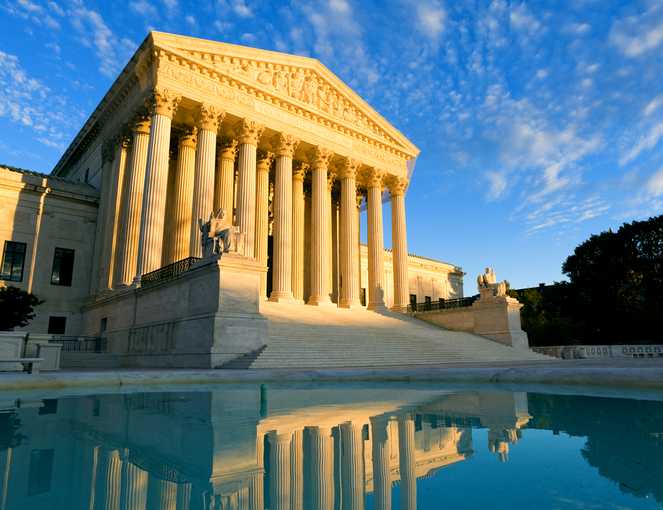U.S. Supreme Court Debilitates PAGA Litigation Using Federal Arbitration Act in Pivotal Ruling
U.S. Supreme Court Debilitates PAGA Litigation Using Federal Arbitration Act in Pivotal Ruling

In Viking River Cruises, Inc. v. Moriana, 596 U. S. ____ (2022), the U.S. Supreme Court finally answered a question of far-reaching impact for California employers: Whether the Federal Arbitration Act, (“FAA”) preempts California’s law (known as the “Iskanian rule”) invalidating contractual waivers of the right of employees to assert representative claims under California’s Labor Code Private Attorneys General Act of 2004 (“PAGA”). While the High Court answered this question in the negative, it nonetheless held that California courts cannot invalidate arbitration agreements merely because they require employees to litigate their individual claims separate and apart from their “representative” claims. In other words, the Iskanian rule was dealt a debilitating blow by this 8-1 Supreme Court decision, and employers now have new ammunition in their defense of PAGA claims.
In a PAGA action, an employee acting on behalf of the State of California may sue his or her employer seeking penalties for violations of the California Labor Code allegedly suffered not only by the employee but also all of his or her coworkers. As the Supreme Court noted in its opinion, “an employee who alleges he or she suffered a single violation is entitled to use that violation as a gateway to assert a potentially limitless number of other violations as predicates for liability.” Consequently, PAGA suits, which usually involve nuanced and technical violations of the Labor Code, often expose employers to liability amounting to hundreds of thousands or millions of dollars. Importantly, the High Court held: “The FAA preempts the rule of Iskanian insofar as it precludes division of PAGA actions into individual and non-individual claims through an agreement to arbitrate.” Thus, an employee who agreed to arbitrate claims individually, in a properly drafted arbitration agreement, can be compelled to arbitrate such claims rather than litigate them in court even if the claims are asserted pursuant to PAGA.
Critically limiting PAGA litigation, the high court also held that representative PAGA claims are not viable when uncoupled from a Plaintiff’s individual PAGA claim. The court explained: “When an employee’s dispute is pared away from a PAGA action, the employee is no different from a member of the general public, and PAGA does not allow such persons to maintain suit. … As a result, [an employee] lacks statutory standing to continue to maintain [their] non-individual claims in court, and the correct course is to dismiss [their] remaining claims.”
While this decision is favorable to employers, it only applies to those with valid arbitration agreements. Accordingly, employers should carefully review and revise their arbitration agreements to capture this pivotal development and avoid or reduce liability in any future lawsuits.
MEDIA CONTACT
Patrick Ross, Senior Manager of Marketing & Communications
EmailP: 619.906.5740
EVENTS CONTACT
Suzie Jayyusi, Events Planner
EmailP: 619.525.3818


